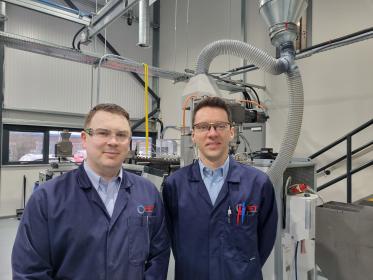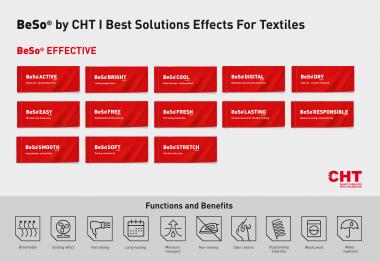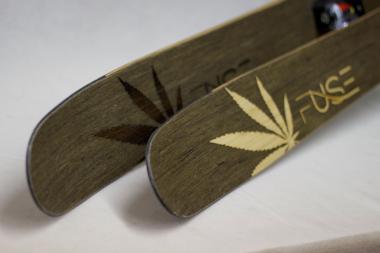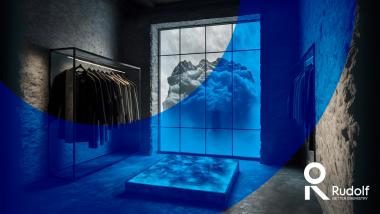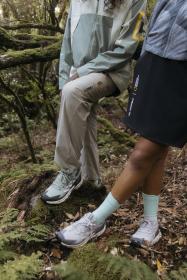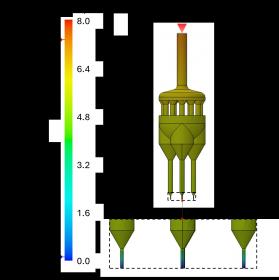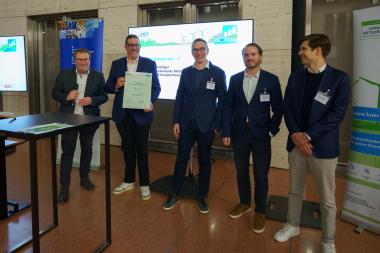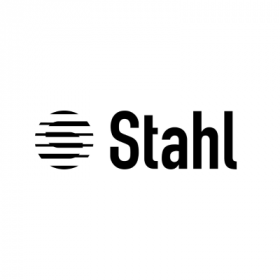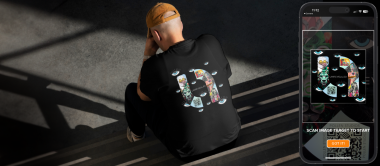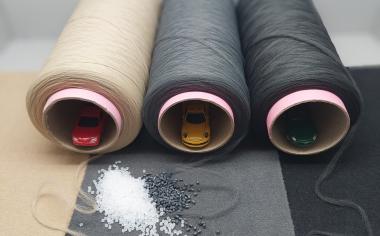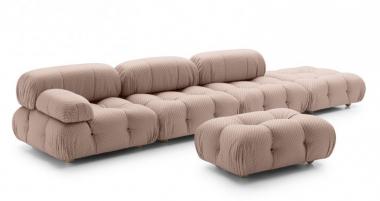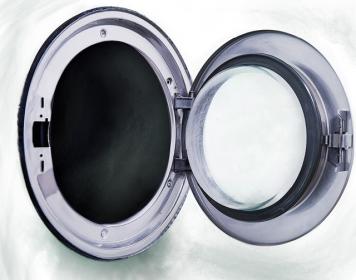FET: New Senior Materials and Process Scientist
Fibre Extrusion Technology Ltd (FET) of Leeds, UK has appointed Dr Kristoffer Kortsen as Senior Materials and Process Scientist. He will report directly to R&D Manager, Dr Jonny Hunter, who joined FET in early 2023 in a growing Research and Development team.
Kortsen’s main area of work is in Gel Spinning of UHMWPE (Ultra-High Molecular Weight Polyethylene). His contribution will help provide gel spinning expertise and equipment in the near future to a range of industries including medical, aerospace, defence aerospace and marine.
He completed a Master’s in chemistry at KU Leuven, graduating magna cum laude in 2018. For his Master’s placement, he worked on the production of impact modifier additives for PVC at Kaneka Belgium. Continuing a partnership with this international chemical manufacturing company, he joined the Howdle group at the University of Nottingham for a PhD project looking into the industrial potential of scCO2 dispersion polymerisations for additive production. After graduating, he worked in the Shaver group at the University of Manchester, developing a holistic approach to plastics recycling and sustainability across the many stakeholders in the field.
Fibre Extrusion Technology Ltd (FET)


